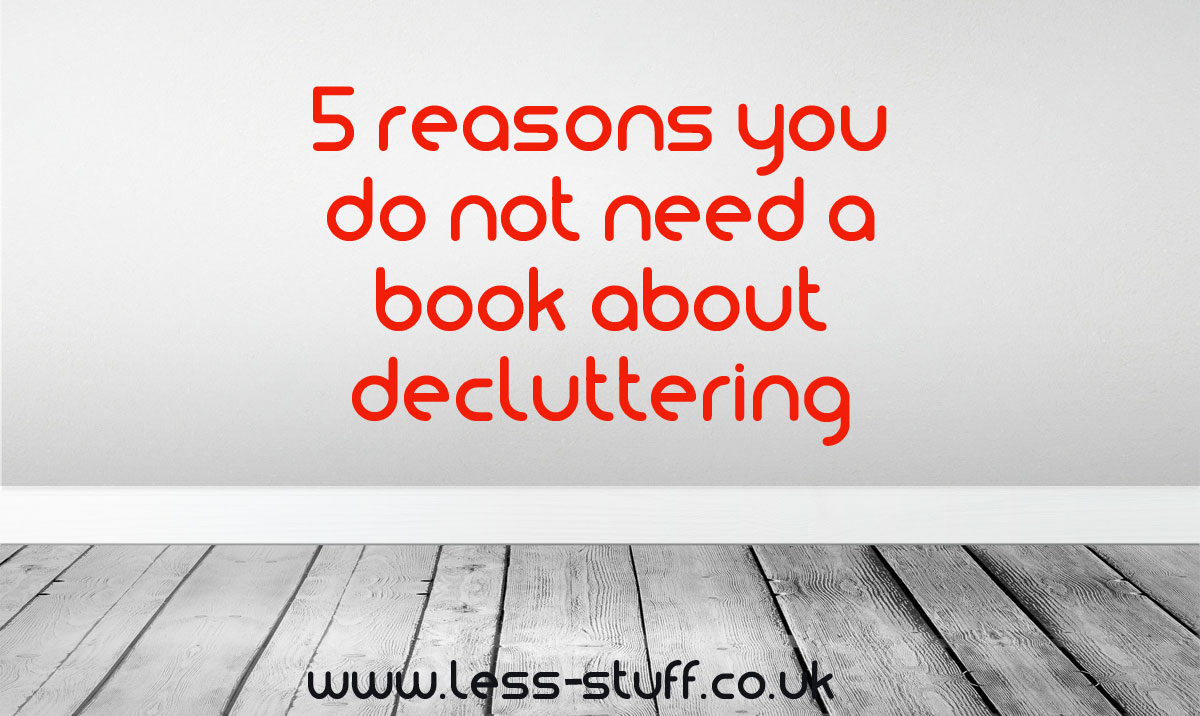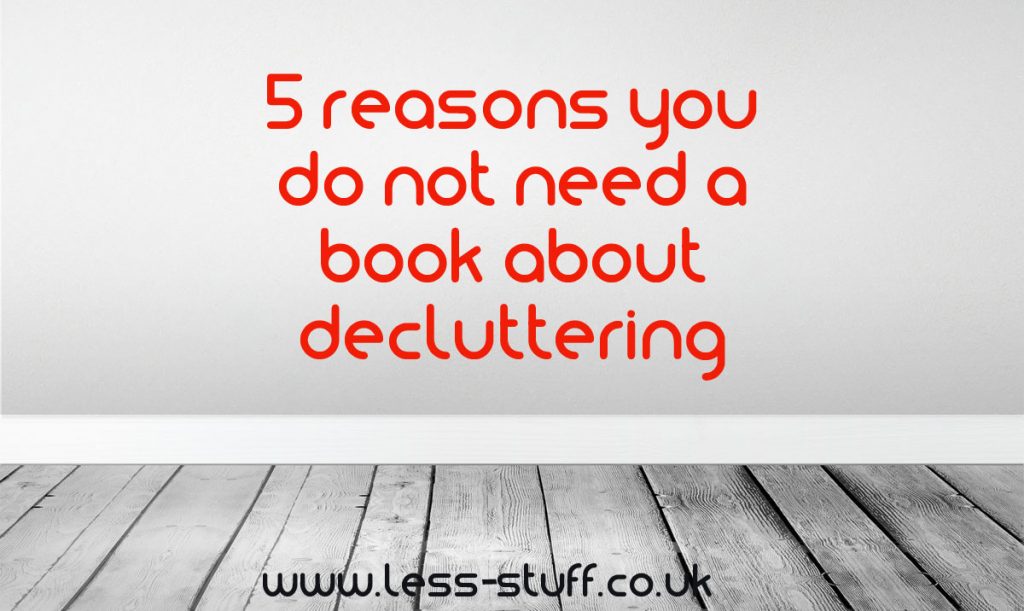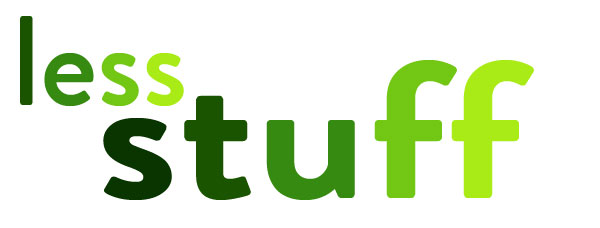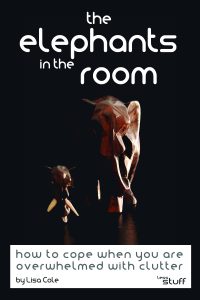
5 reasons you don’t need a book about decluttering
 1) You have zero posessions
1) You have zero posessions
I have known a Buddhist monk from the start of his journey when he was going on initial retreats. I remember when he was getting rid of his stuff before he went. He told me that the idea was to remove attachments. Buddhist monks are allowed certain things that help them on their path; robes, a razor, a bowl, a belt, needle and thread but even for this most minimal of lifestyles the rules are flexible.
This excerpt from dhammadana.org which is written by a Swiss/French monk lists the other things a monk may have.
“A square of cloth (nissīdana); toiletries: soap, tooth brush, toothpaste, flannel, nails clipper, cotton buds, etc.; medical things: medicines, thermometer, optical devices, dental outfit, etc.; housekeeping material: broom, sponge, cloths, cleaning products, etc.; official documents (if the local law requires holding documents, these are then included in the category of obligatory things): passport, visas, etc.; protection material: draught-screen (to hide the face, to avoid being distracted, to be protected from the sun and for ventilation), umbrella, parasol, mosquito net, insect repellent (but no insecticide), sun cream, pair of sandals, etc.; travelling things: transport tickets, map of the town or of the region, suitcases, bags, etc.; time indicators: alarm clock, watch, calendar, etc.; a string of beads (rosary); books: books on the dhamma or on subjects permitting to develop knowledge favourable to the study and teaching of the dhamma (grammars, books on religion, journals, dictionaries, etc.); furniture (in moderate amounts): bed, chairs, table, cupboard; miscellaneous practical objects such as a lamp, a pair of scissors, a cup, a padlock, etc.
In general, everything that can help a bhikkhu towards the practice, study or teaching of the dhamma. For example: stationery, material to process information, tape recorder.”
So, it seems that even the lifestyles that require the absolute minimal of possessions can mean owning quite a lot, attachment or no attachment. For me, a city dwelling mum, it would be incredibly hard work to pare down to the minimal I needed to keep my son fed, clothed and housed. Minimalism is not the answer for me.
2) You don’t mind waste and you have lots of money
Another way to live minimally is to simply get rid of things you don’t need right now and buy them again when you do. This method will keep the economy buoyant because you will be shopping a lot. If you are careful with how you dispose of things you can avoid landfill and you could buy second hand to cut down a little on your environmental impact. This is not an option for me, although I like the idea of shopping a lot!
3) You have a huge home with lots of storage space
If you have the space why not spend spend spend and shove it all in a cupboard? You might want to work out some sort of Dewey decimal system so you can find it when you want to. You will have to make sure the cupboards are dry and not humid and that insects or rodents don’t attack your stuff. You may want to protect it against theft and accidental damage too. That all seems like lots of hard work.
4) Clutter doesn’t bother you
The definition of clutter is very personal. I have lots of stuff but I can generally find it when I need to, some people might call my house cluttered. Mess bothers me though, when my home is basically just piles of things waiting to be put away I feel very anxious. Because our tolerance to clutter varies from person to person it is impossible for someone else to judge if you have too much stuff. Unless you are a proper hoarder in which case it is a good idea to see a doctor, hoarding can be a symptom of depression.
5) You know how to declutter
We all know how to declutter, it is not rocket science. I also know how to ride a horse and go deep sea diving but would not be able to apply that knowledge in real life. The basic principal of decluttering is ‘get rid of it’. The fine tuning of how to choose what to get rid of is what counts here. It is all well and good knowing what you should do but will you get around to it? Traditional decluttering methods involve a lot of time and energy but there is an alternative.
If you want to have a go at easy decluttering you can start with the random decluttering generator. It will give you a detailed prompt that will talk you through the questions you need to ask yourself when you are getting rid of things. You could also join our very supportive Facebook group.
Or you could buy a book about it 🙂
The Elephants in the Room is a decluttering book with many differences. It is not going to encourage you to get rid of everything. You will not feel judged in your decisions. It will give you many strategies for making decluttering really easy and guide you step by step through 5 days of decluttering. After a week of really simple clutter control you will have all the skills you need to keep going. One thing decluttered a day is hundreds over the year! If you declutter 5 things a day it will mount up to thousands in 12 months time.


